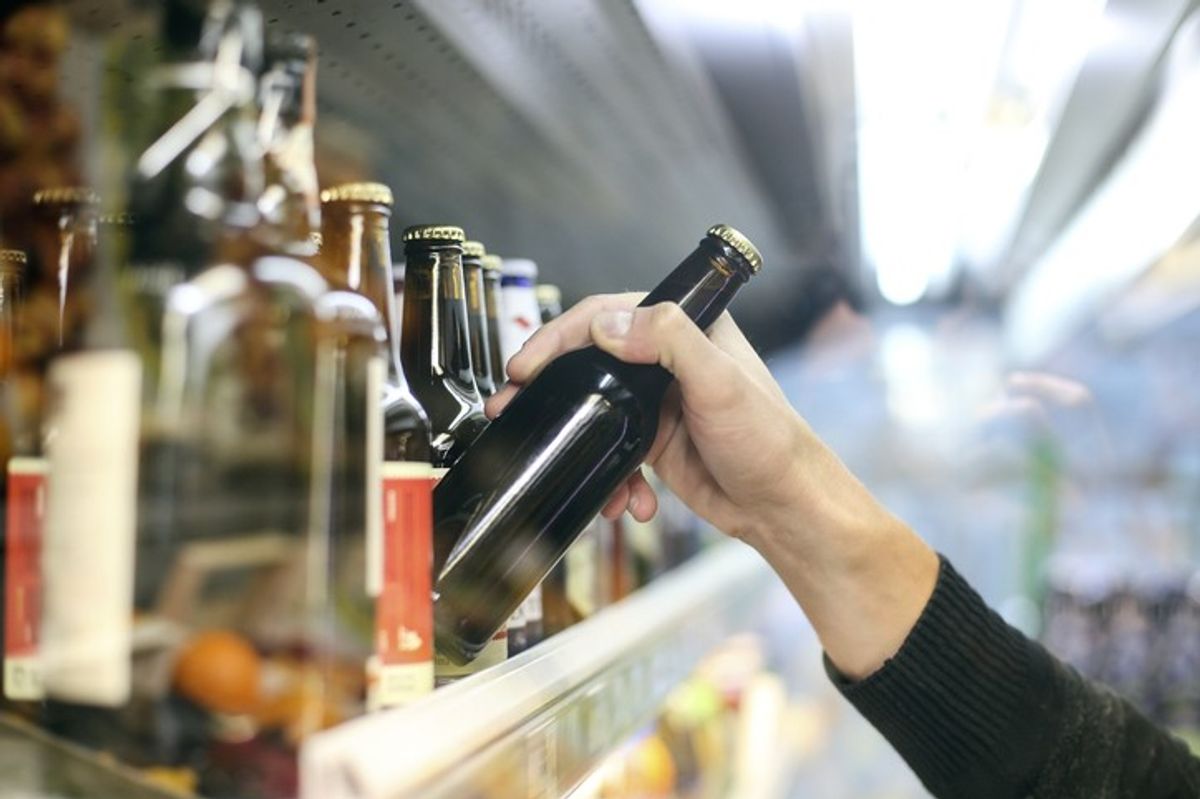A growing number of Brits are consuming independent craft beer while no and low alcohol beer is massively increasing in popularity, shows a new report.
According to the SIBA Independent Beer Report 2024, average beer production volumes amongst independent breweries have risen by 14 per cent compared to 2023, returning to pre-pandemic levels for the first time in four years.
New surveying data of hundreds of independent craft breweries forms a key part of the findings in the SIBA Independent Beer Report 2024, which also features industry analysis and commentary, as well as specially commissioned consumer research via YouGov. It was this YouGov research which showed a growing consumer pull for independent craft beer, with 55 per cent of beer consumers saying they now drink local craft beer, up from 47 per cent who said they drank it in 2023, placing it on level-pegging with Global lager.
The report also states that only 30 per cent of 18-24-year-olds "ever" drink beer, falling behind wines and spirits. 65 per cent of SIBA members say they have made positive steps towards becoming more sustainable in the last 12 months.
“Demand for local, independently brewed beer in the UK is strong, with independent brewers reporting production volumes up by fourteen percent, meaning they have returned to 2019 volumes again. The short-term issue for small independent breweries isn’t demand; it is profitability, rising costs and financial pressures such as lingering Covid debt. Far too many breweries are simply trying to survive rather than thrive, so whilst there are many positive signs highlighted in the report, for now it’s cautious optimism,” said SIBA Chief Executive, Andy Slee.
The SIBA Independent Beer Report highlights 43 per cent of independent brewers citing "survival" as their top priority, though this is significantly down (-20 per cent) from 2023 where a majority of 63 per cent were just trying to survive.
The report also tracks brewing trends, such as which beer styles breweries are producing – most notably lager has continued its rise up the charts to number four this year, with 56 per cent of independent brewers now producing a craft lager, up five per cent on the 2023 year’s survey and the biggest growth category for 2024. Also on the up is non-alcoholic beer, with a two per cent growth taking the number of breweries now making an alcohol-free beer to eight per cent.
“No and low alcohol beer is massively increasing in popularity and thanks to new technologies which make it easier to produce great-tasting low- or no-alcohol beer more independent breweries than ever are catering to this growing market.” Andy Slee, SIBA Chief Executive.
At the top of the table British classics Stout, Best Bitter, and Pale Ale hold the first three places respectively, showing the demand for traditional beer styles remains strong.


